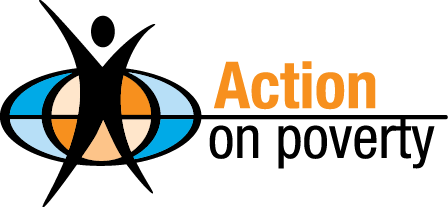
Empowering ethnic minority groups to improve their livelihoods
To increase the income of ethnic minorities in Da Bac, Vietnam, through improving their livelihood models.
Vietnam is one of our most important regional neighbours. This country has made remarkable strides in development in recent decades. But the fight isn’t over yet. Poverty remains a stark reality for over 12 million people in Vietnam. Another 10 million hover just above the poverty line.
We are dedicated to bringing people out of the injustice of living in poverty. We apply a community-based approach in our work — meaning we work directly with the local people in open dialogue to understand their lives and how we can best help.
Hoan, 30, lives in Da Bac, Vietnam, with her husband, mother-in-law and two children. Hoan belongs to the Muong people – one of Vietnam’s 53 ethnic minority groups.
Unfortunately, these groups often suffer extreme poverty as they live mainly in remote areas, including the mountainous Da Bac region. Here, they have far less access to employment, education and health care.
Like other Muong women in Da Bac, Hoan had lots of different jobs to make a living. Her main source of income was from catching and selling shrimp from Hoa Binh Lake, but she was struggling to earn enough to feed her family.
Hoan had tried to make her own shrimp traps, which involved splitting bamboo sticks by hand. Shrimp traps must be made of smooth bamboo using good weaving techniques. Without the correct equipment and training, Hoan was unable to make strong traps, and had to resort to buying traps from traders – a huge expense for her small-scale business.
We helped Hoan and other women in her village learn to weave their own traps using a bamboo-splitting machine.
The machine splits and smooths bamboo sticks in seconds. With help from the machine, Hoan can now weave up to 30 traps per day and save thousands of dollars every year. She also earns extra income from selling her traps to other shrimp catchers.
The women also discovered that using native bamboo increased the life span and efficiency of each trap. Their traps last twice as long as those they used to purchase from traders.
“I usually collect bamboo as I herd the cows so that we have the material even on rainy days,” said Hoan.
“Thanks to the money saved from trap weaving and selling, our family has extras to support our children in education and invest in other farming practices as well.”
For more information about our work, please visit our website.

